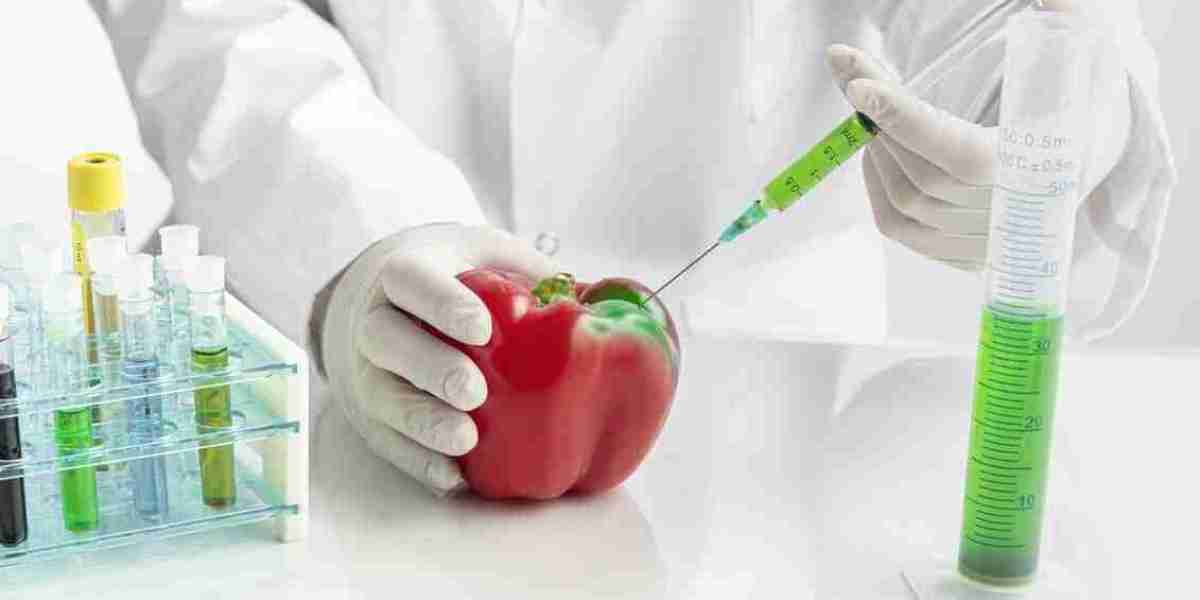Hazard Analysis and Critical Control Points (HACCP) certification is a globally recognized system for ensuring food safety. It is a preventive approach designed to identify, evaluate, and control food safety hazards throughout the production process. This certification is essential for businesses involved in food manufacturing, processing, packaging, and distribution, as it demonstrates their commitment to producing safe and high-quality food products.
The Importance of HACCP in Food Safety
HACCP plays a vital role in safeguarding consumer health by minimizing the risk of foodborne illnesses. It helps companies anticipate potential hazards—biological, chemical, or physical—and take proactive measures to prevent them. This systematic approach not only protects public health but also boosts consumer confidence and meets regulatory requirements in both domestic and international markets.
Key Principles of HACCP
The HACCP system is built on seven core principles: conducting a hazard analysis, identifying critical control points (CCPs), establishing critical limits, monitoring procedures, corrective actions, verification procedures, and record-keeping. These principles form the foundation for a robust food safety management system that ensures consistent product quality and safety across all stages of food handling.
Steps to Achieve HACCP Certification
Achieving HACCP certification involves several steps, starting with building a HACCP team and developing a comprehensive food safety plan. This includes identifying potential hazards, establishing CCPs, and implementing monitoring and corrective action strategies. Once the plan is implemented, businesses must undergo an audit by a certified body to evaluate compliance with HACCP standards. If the audit is successful, the organization is awarded the certification, which must be maintained through regular reviews and updates.
Benefits of HACCP Certification for Businesses
HACCP certification offers numerous advantages, including improved risk management, increased efficiency, and reduced waste. It also enhances a company’s credibility and competitiveness in the global marketplace. Certified businesses are better positioned to meet regulatory requirements, satisfy customer expectations, and prevent costly food recalls, making HACCP not just a safety standard but also a strategic business investment.
Who Needs HACCP Certification?
HACCP certification is particularly relevant for food processors, manufacturers, and suppliers, but it is also valuable for food service providers, transporters, and retailers. Any organization involved in the food supply chain can benefit from adopting HACCP practices to ensure the safety and quality of their products.
Conclusion
HACCP certification is a cornerstone of food safety management that helps organizations identify risks and implement effective controls. With growing consumer awareness and strict regulatory demands, obtaining and maintaining HACCP certification is more crucial than ever for businesses aiming to succeed in the food industry.




